 The Career Fair is around the corner, and there’s little doubt seniors are on edge about applying for work in a paltry job market. With a national unemployment rate nearing ten percent, my friend quipped that goody bags at the fair will include “your-name-here” pink slips and unemployment benefit paperwork. At least there will be free pens to fill them out!
The Career Fair is around the corner, and there’s little doubt seniors are on edge about applying for work in a paltry job market. With a national unemployment rate nearing ten percent, my friend quipped that goody bags at the fair will include “your-name-here” pink slips and unemployment benefit paperwork. At least there will be free pens to fill them out!
As for me, with my political science education, I’m prepping for postgraduate work by rehearsing my new professional verbiage: “Would you like fries with that?”
Though graduating college students face tough job prospects, they can look for some comic relief and meaning in the upcoming new season of the NBC mockumentary “The Office.” In its seventh season, the television series keeps pace with its iconic main character Michael Scott, played by Steve Carell, who acts as branch manager for a lowly paper company in Scranton, Pa. A whole cast of painfully ordinary or bizarre office workers are also along for the ride.
Carell, too, will soon be out of work at the office. This is his last season, and fanciful predictions are circulating in the blogosphere about how Scott will make his exit from the show. I prophesize a newfound love for a titillating woman will lure him out of Scranton, thus gracing the show with delightful Shakespearean closure. Maybe they’ll call her “Cleo.”
Apart from temptresses, too many other awkward and offensive blunders have plagued Scott for him to even dream of keeping his job. Consider his solution to a sensitive employee dispute: “All right, Kevin, you are accused of making sexually suggestive remarks to Angela that made her feel uncomfortable. Solution: Angela, you are to make sexually suggestive remarks to Kevin that make him feel uncomfortable.”
But it is Scott’s malapropism and pseudo-puns that perhaps shield him from censure in the end: “You may look around and see two groups here: white collar, blue collar. But I don’t see it that way, and you know why not? Because I am collar-blind.” Even a cowboy president in election season could not have put it better.
What makes Scott even more endearing, however, is a gushing love for his office underlings in Scranton. Upon learning of an employee’s upcoming wedding, Scott finagles his way into the ceremony and proudly boasts his central role as “the employer of the bride.”
I suspect the comic magnetism of Michael Scott is not so much his character as it is his timing. With looming layoffs and fear circulating in today’s offices across the country, “The Office” is every employed and unemployed person’s escape. Here we are able to safely laugh at all the -isms that modern correctness and human resources have outlawed. And for those of us who have been de-cubicled from work, the show gratuitously jabs at what we gladly don’t miss about American working life.
Scott makes my case: “I don’t want somebody sucking up to me because they think I am going to help their career. I want them sucking up to me because they genuinely love me.”
I genuinely love Michael Scott, just as generations of Americans have adored George Carlin, Groucho Marx, Mark Twain, the Three Stooges, and other comedic icons. If our country’s problems are indeed cyclical and patterned, then I hope the same for our public jesters. We need them.
We may be a people of the unemployed, debt-ridden, conflicted, hyper-partisan, and undocumented, but at least we’re folks who can laugh at ourselves.


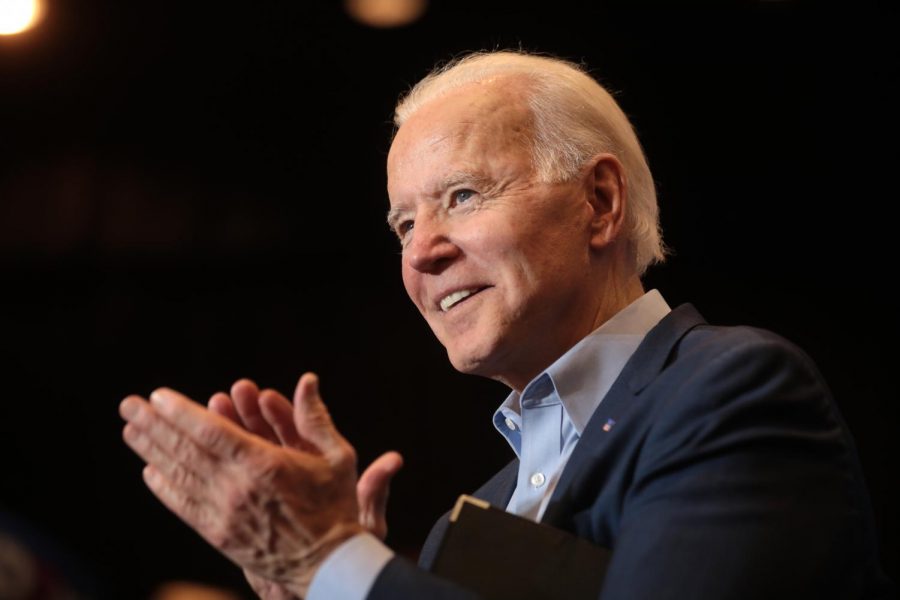
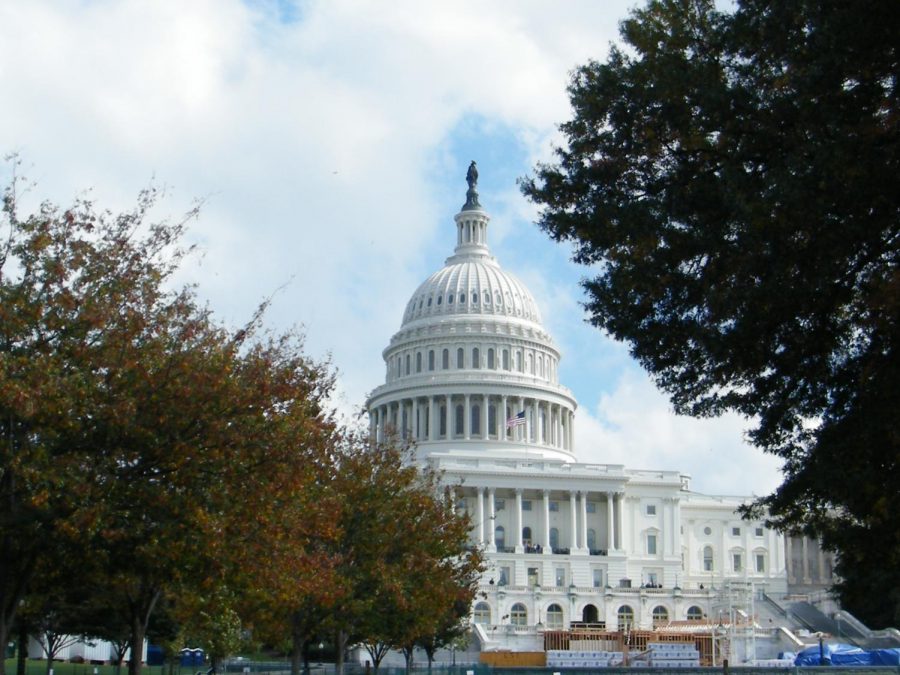
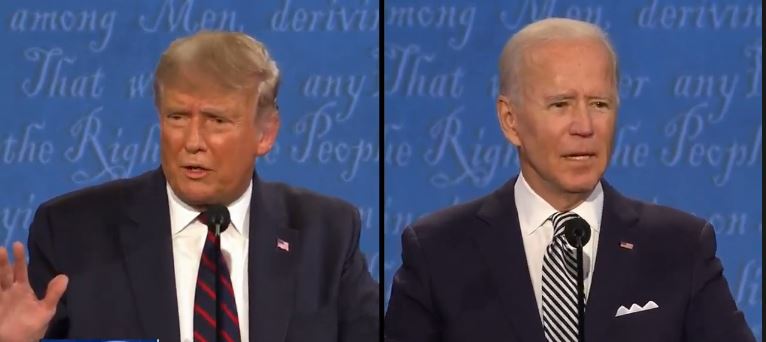
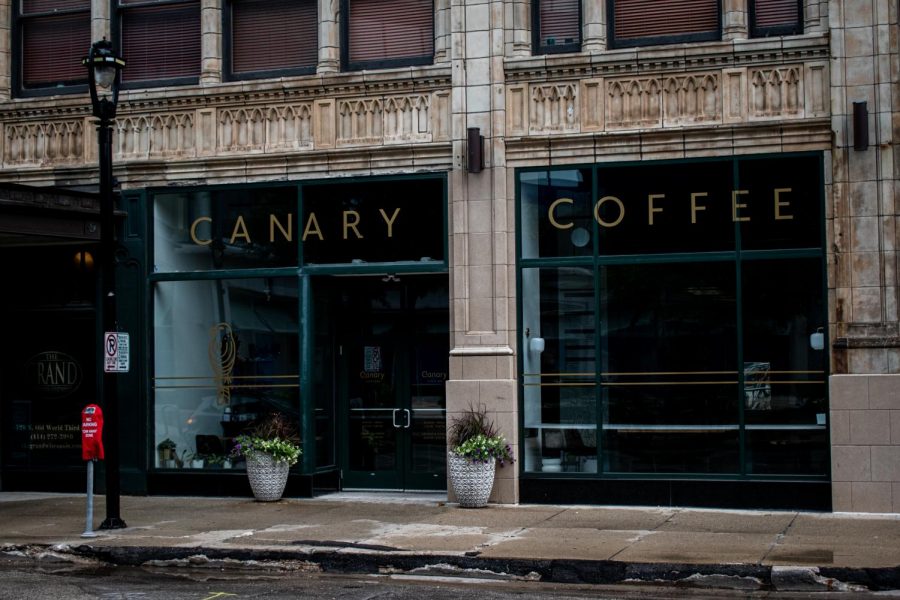
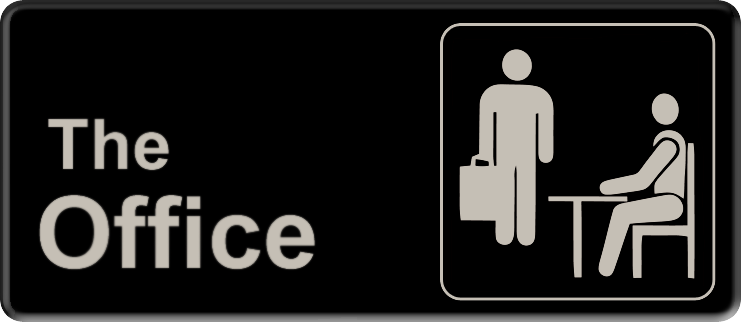
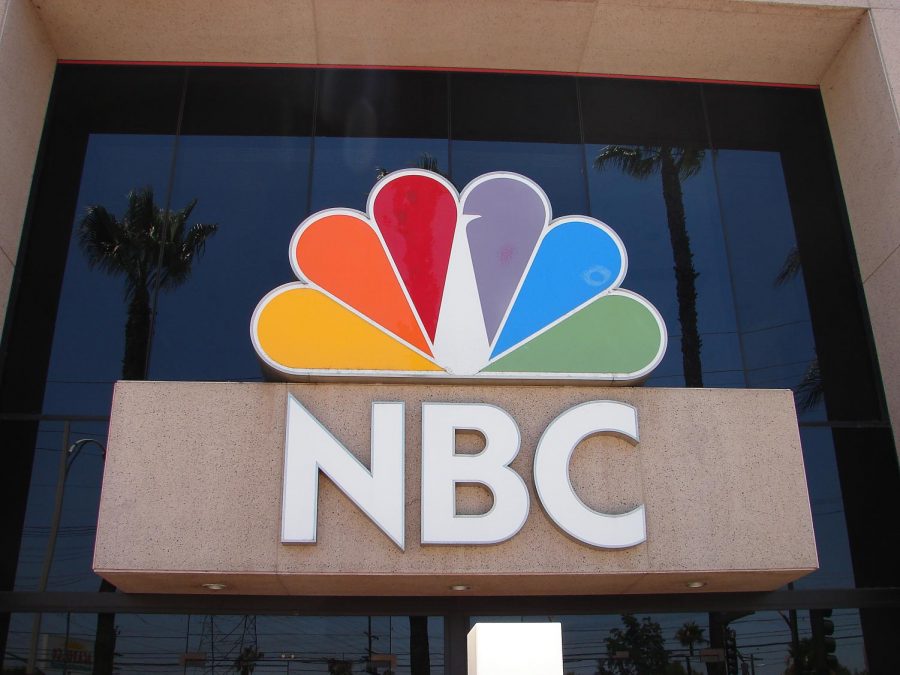
Master Debater • Sep 22, 2010 at 7:02 pm
“Titillating” is not exactly a word I’d expect used from someone who advocated for the filtering of porn from Marquette’s network.
Michael Scott • Sep 22, 2010 at 2:58 pm
Great comparison. You made my afternoon a little bearable.